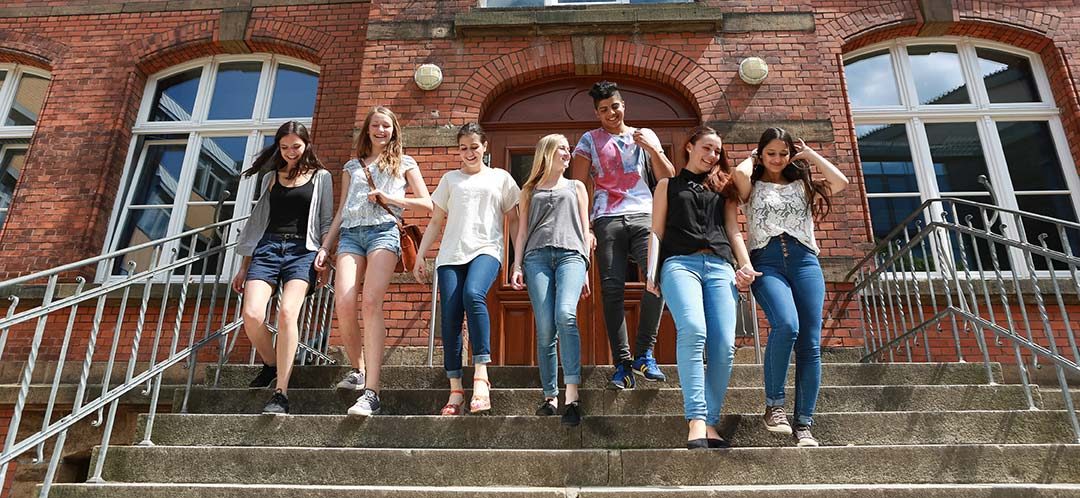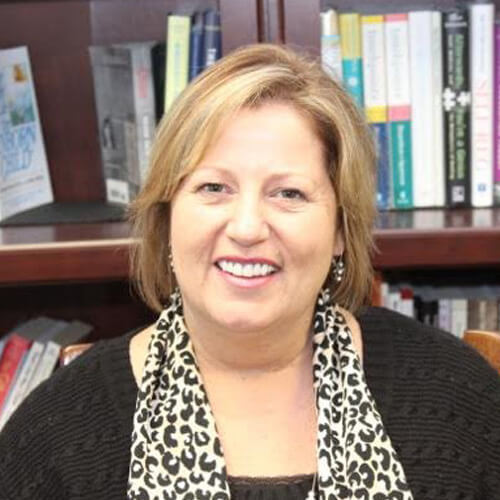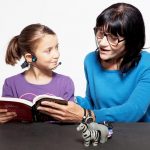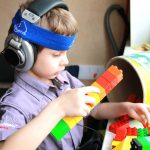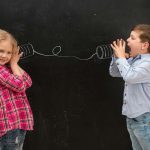For this blog I requested the Speech Language Pathologist at our office to support us. She can be reached via my e-mail at maude@atotalapproach.com
As a parent of two middle schoolers I am frequently finding myself in the midst of conversations about “the populars” and “the wierdos” and where in this social strata my girls see themselves. The one group has the right clothes and hair and seems to attract everyone with their aura. The other seems to be out of sync with the world, they just don’t seem to “get it” and remain loners. As a speech-language pathologist I find myself dissecting the interactional patterns of these teens as I attempt to understand what makes some social gymnasts and others appear as clumsy misfits. In this world of social media, where behaviors are examined, scrutinized, criticized, judged and on occasion lauded, it is certainly not surprising that so many of our young ones end up with us therapists who try to undo the damage that their peers have inflicted upon their developing minds. Parents want nothing more than to see their child succeed in every aspect of their school career and feel that they know how to swoop in and save then from academic failure but when it comes to social interactions they feel that they are at a loss. How does one help their 12 year old son join an impromptu soccer game? Or their 12-year-old daughter to join a group of kids at the lunch table? These seemingly simple issues that unfortunately make or break the middle school years.
So what makes some kids so socially adept? The one everyone wants to be around, the ones the teachers love and parents encourage their kids to befriend. The answer is praxis. Praxis is the ability to formulate, plan and execute a motor plan and serves as the basis for executive function skills; the ability to move through life in a smooth and fluid manner that results in social success. This succinct three – part plan appears simple yet it is intricate and complicated, heavily based in internal timing and sensory integration. Well developed praxis skills is the ultimately represented in strong social skills that allows one to think and react online and while responding to changing emotions and often accosted by a myriad of sensory stimuli.
The initial step to motor planning begins with an idea. In the case of social interaction it can be seen as an idea of how to initiate a conversation, how to respond with a comment, questions, quip, non-verbal response. The teens who are socially adept are able to figure out how to join in on a conversation, what sort of vocabulary they can use with peers vs. friends vs. adults, what topics are appropriate for a given context, when to move on to the next idea, read the mood of the conversation and judge whether or not to crack a joke. The fascinating idea is that these decisions are made sub-consciously and with split second timing. For the kids who are socially awkward conversation is stilted and often leads to odd looks and stares from peers. Simply knowing what to say is only the first step to the process.
In wanting the best for our children we often over estimate what our young ones are capable of and the demands we place on them are often way more than they are ready to handle. Not all children are born to be the class representative, or have a group of best friends at the start of middle school. Some may need more hand-holding, guidance and practice in navigating the social world.
Once the seed of the idea is conceived the next step is to plan. These young minds need to retrieve the right vocabulary to talk to the cute boy they just met, or answer their science teacher’s questions. These responses need to be timely, accurate and exact in order to be taken seriously. Groping for the right words, using ambiguous phrases leads to confusion and ultimately lack of interest and breakdown in the flow of conversation. When an interaction goes south our kids are left feeling rejected or defeated and the next time a situation arises are less likely to want to put themselves out there. The negative emotional feedback they receive from this unsatisfactory attempt at interaction compounds on itself leading to a sense of failure.
The final culmination of this complex series of events is execution of the idea and the carefully laid out plan. It is almost as if you have the lyrics to a song but now you have to set them to music. Our young ones have take their idea and a plan and now need to deliver it using thoughtfully chosen vocabulary and grammar, with appropriate tone all while adding accurate eye-contact and gestures. A slight discrepancy in timing could look like lack of interest? Mocking? The ones that get it right on the first time are rewarded with positive emotional feedback and motivated to keep flaunting their social skills. The ones that frequently stumble feel their social inadequacies and are less likely to want to try again.
In order to help our kids navigate these complicated social worlds, it is important for the adults in their lives to really understand what is expected of them and how hard they are having to work everyday trying to be part of the social scene. While some can go through their day not having to think much about how to make friends or how to converse with their teachers, others have to use much of their cognitive resources in order to decide what to say, how to lay out the linguistic form of their thoughts and then finally how to actually verbalize their ideas in a manner that sounds authentic. The whole process can be taxing and often overwhelming and frequently leads to teens choosing to opt out of spending time with peers. In order to fill their schedules they look for other more emotionally fulfilling options like the computer and social media. Social media is often an easier medium for some kids to adapt to; there is more time available to formulate responses, no burden of monitoring body language, gestures or eye-contact. It is no wonder that some teens prefer to sit in front of a screen rather than face to face with other kids who talk and move too fast for them to process. In wanting the best for our children we often over estimate what our young ones are capable of and the demands we place on them are often way more than they are ready to handle. Not all children are born to be the class representative, or have a group of best friends at the start of middle school. Some may need more hand-holding, guidance and practice in navigating the social world.
Mahnaz N Maqbool, MS CCC-SLP

